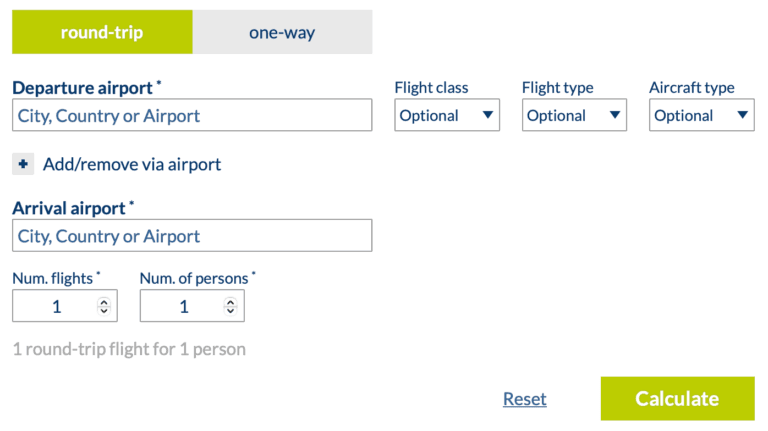Sustainability is not just a guiding theme for our 2025 Convention – it is the foundation upon which the entire programme has been designed. As the world of tourism evolves, tourist guides stand at the forefront of shaping responsible, resilient, and forward-looking practices. With the Convention motto “Sustainable Tourism for the Future”, we reaffirm our commitment to the United Nations Sustainable Development Goals (SDGs) and to the values embedded in our WFTGA Code of Guiding Practice.
This Convention is both a platform for dialogue and a live demonstration of what sustainable tourism can look like in practice.

President of WFTGA
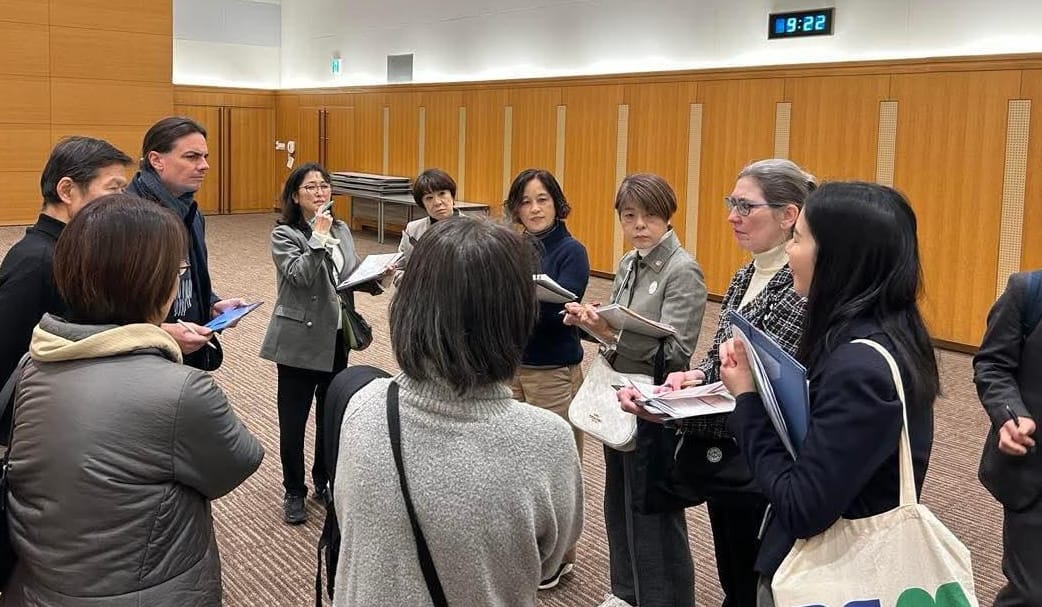
Sustainable Planning from the Start
- We are working closely with official hotels to encourage the installation of water dispensers and the use of reusable products.
- Meal planning prioritises organic, seasonal, and locally sourced produce. This has required extra coordination and, at times, has increased costs – but we believe sustainability is worth the investment.
- We have limited the production of printed materials and encourage digital access to schedules and guides wherever possible.


Content with Purpose: Learning through Sustainability
- Field visits during the Convention, as well as pre- and post-tours, will highlight innovative sustainability projects across Kyushu. These include recycling initiatives, community-led tourism models, and cultural heritage conservation efforts.
Participants will witness how Kyushu has transformed from an industrial hub to a vibrant island of cultural tourism – a story deeply rooted in both resilience and historical reflection.

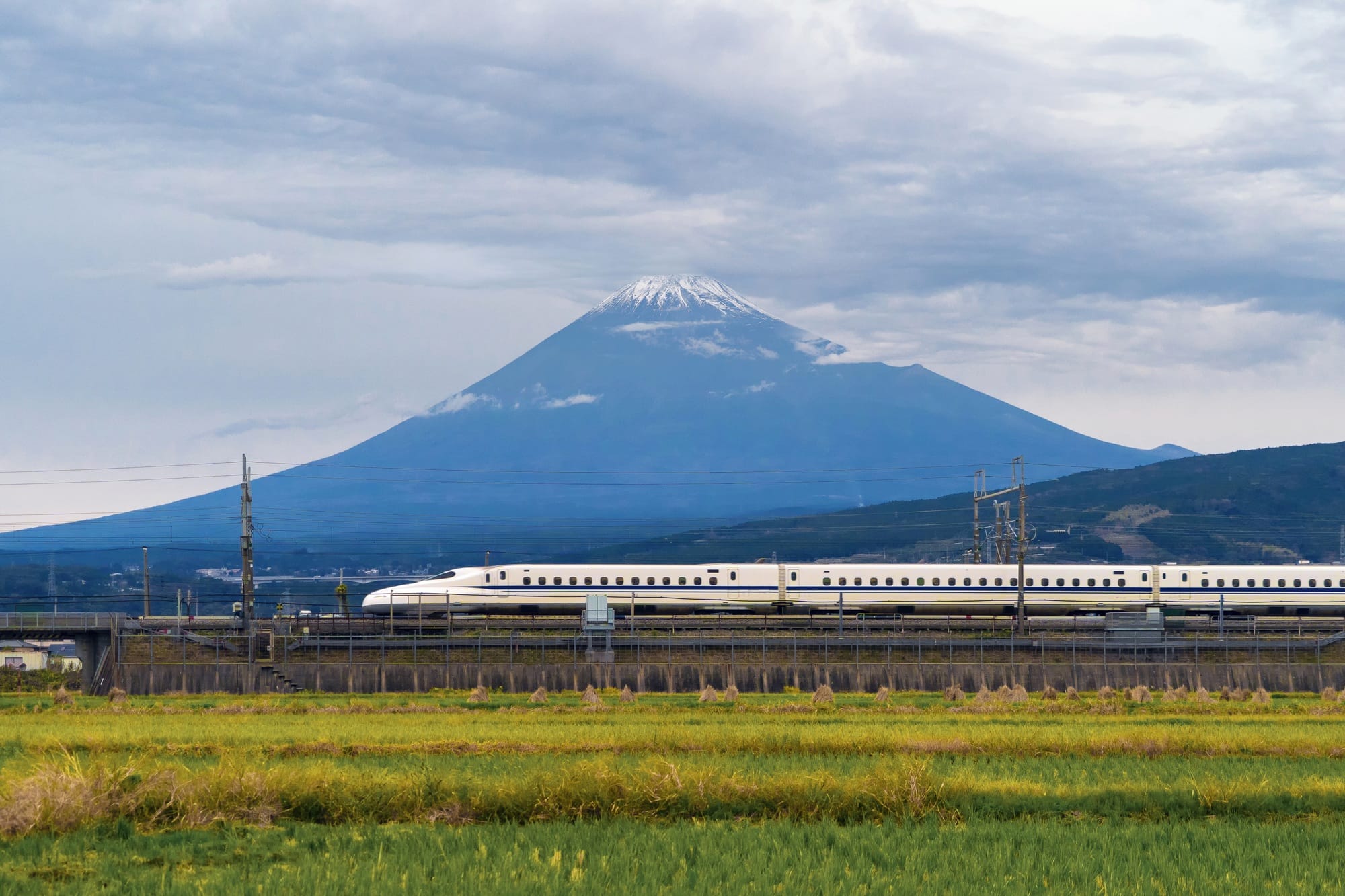
Greener Travel Options
- For long-distance journeys on pre- and post-tours, we proudly use Japan’s Shinkansen trains – one of the world’s most efficient and low-emission rail systems.

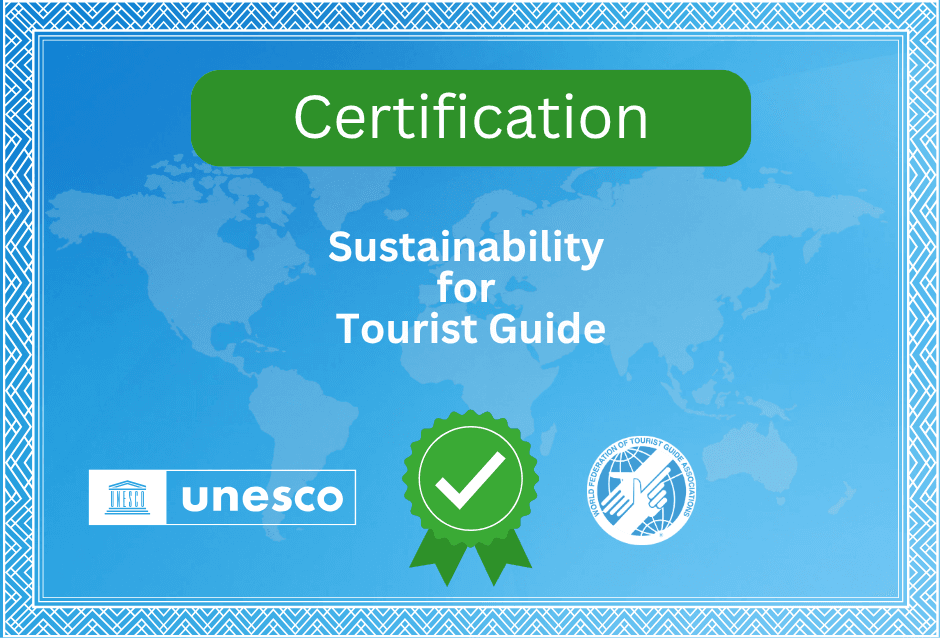
Innovation in Guiding: A Sustainable Certification

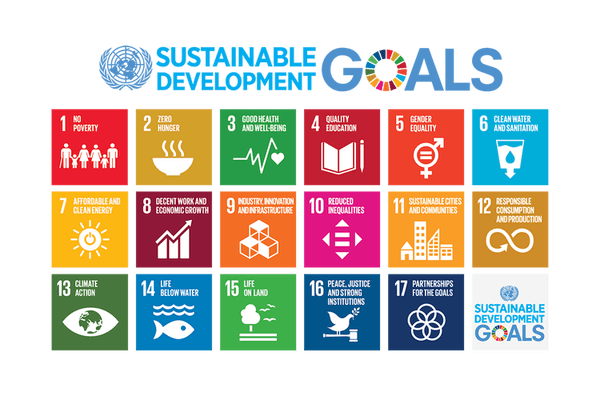
A Code of Practice for a Sustainable Future


Accessibility and Flexibility – A Sustainable Model

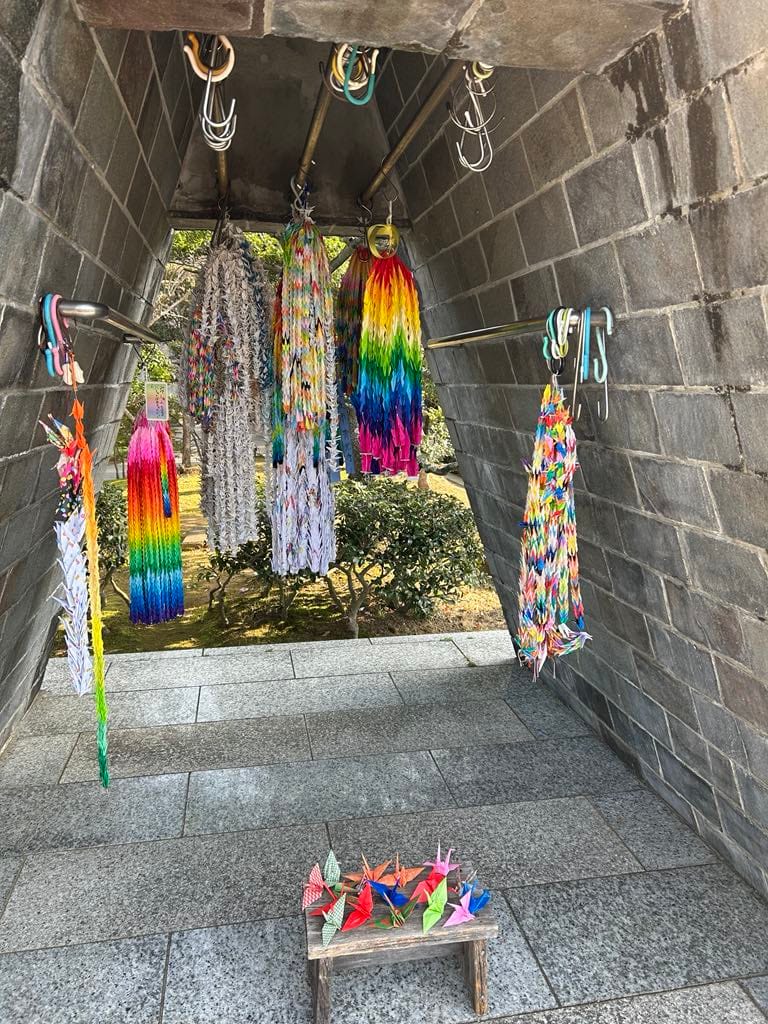
The Legacy Project – A Message of Peace
During our visit, delegates and participants will have the opportunity to engage directly with this legacy. By contributing cranes, we become part of a global call for peace and solidarity – values that lie at the very heart of responsible and sustainable tourism.


Tourist Guides as Ambassadors of Peace and Ethics
- How can we, as tourist guides, uphold and promote values of peace, inclusivity, and intercultural understanding in our daily work?
- How can training and certification programmes incorporate these principles more intentionally?
- How does interpreting history – especially painful or divisive history – contribute to a more sustainable and compassionate tourism culture?
By addressing these questions, we reaffirm that sustainability is not only about environmental stewardship, but also about human dignity, memory, and shared values. As tourist guides, the stories we choose to tell, and how we tell them, shape perceptions and build bridges. Through the Legacy Project, through thoughtful conversation, and through the ethical compass of our profession, we honour our commitment to sustainable tourism for the future.

Calculate and Compensate Flight Emissions
Calculate your flight’s CO₂ footprint and its offsetting costs in renewable energy projects. We accept all common means of payment.
You will also receive a personal certificate and a donation receipt from atmosfair. Your climate protection contribution is tax-deductible.

